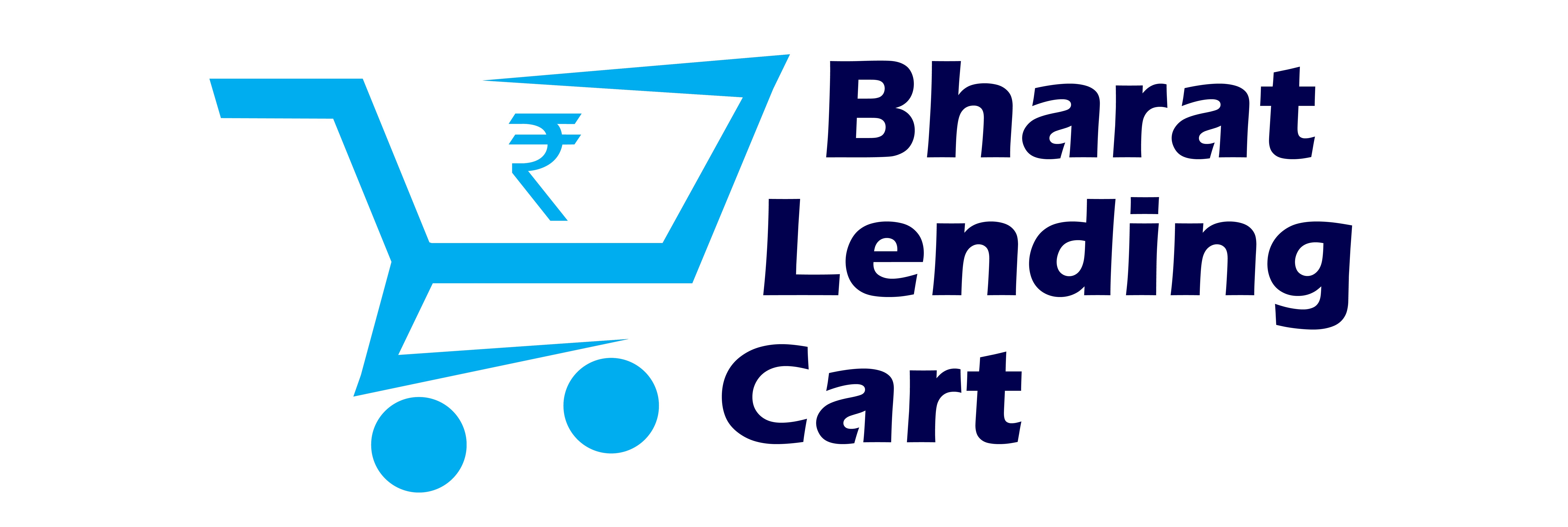Once you apply for a personal loan, the platform will ask you to complete the KYC (Know Your Customer) verification. This straightforward process ensures you are who you claim to be to prevent illegal activities like money laundering. During KYC, you’ll provide proof of your identity and address.
This is essentially what is KYC is all about. Now, let’s understand the required documents and the KYC process in more detail.
What is a KYC Document?
KYC, or Know Your Customer, verifies a customer’s identity and address when they require financial services. Financial institutions verify this information based on the documents the customer provides. There are various types of KYC: Aadhar card-based, Video based, central kyc, e-kyc, and in-person verification (IPV).
Aadhar card-based KYC enables electronic verification, allowing for a remote and paperless eKYC process. With IPV, you must visit the financial institution and submit the required KYC documents.
Documents Required for KYC Verification
The documents required for KYC verification are listed below
- Identification Proof
- PAN card
- Aadhaar card, passport, driver’s license
- ID card with photograph issued by any central/state department, statutory or regulatory authorities
- ID cards issued by banks and public financial institutions
- ID cards issued by colleges affiliated with universities
- Address Proof
- Passport, voter’s ID, lease agreement, ration card, flat maintenance bill
- Utility bills such as electricity or gas bills that are less than 3 months old
- Bank statements
- ID card with address like Aadhar card, utility bills, etc.
- Residency proof issued by a notary public, gazetted officer, parliament, bank managers, multinational foreign banks, or scheduled cooperative banks
How Does the KYC Process Work?
There are two ways to do your KYC – Online and Offline.
The process for online KYC is as follows:
- Collecting Information: The first step of KYC verification involves collecting your personal information. You will be required to complete an online KYC registration form from your preferred portal through which you want to make your financial transactions.
- Submit Evidence: You must verify the data you entered in the form with appropriate documents after submitting it. Usually, these documents serve as identification and address proof.
- Verification: After the documents are submitted, the document templates will be identified and examined. This procedure makes sure that the given documents haven’t been manipulated.
Your data will be collected as soon as all of your documents have been confirmed. Below are the ways it can be done:
- OCR, which scans the applicant’s documents for information like identity and address verification, allows the system to retrieve data immediately. After that, it looks for any discrepancies to confirm the accuracy of the data.
- Without using OCR, applicants must manually enter their information into the application portal. The entered information is then verified with the details on the uploaded documents using the system’s IDV solution.
Offline KYC Verification Process:
The offline KYC process is similar to the online process. The only difference is that you must have physical copies of all the documents and forms.
- You must download, print and fill out the KYC form.
- You will be required to fill out your Aadhar and PAN card details. You must ensure the details are filled correctly.
- After completing the form, you must visit the nearest KRA with all your documents to submit your application.
- You must bring an Xerox copy of your proof of identity and address along with your application form.
- At some financial institutions, you will be required to provide your biometric scan involving fingerprints, handprints, and a photograph.
- After submitting your application, you will be given an official application number to help you check your KYC verification status.
The offline KYC verification process takes approximately one week to complete, while the online process takes less time.
Conclusion
The KYC verification process is important to help prevent financial fraud, such as money laundering. With KYC verification, financial institutions can comply with regulatory standards and establish a trustworthy relationship with their customers. KYC also helps financial institutions understand customer requirements, preferences and risk profiles.




